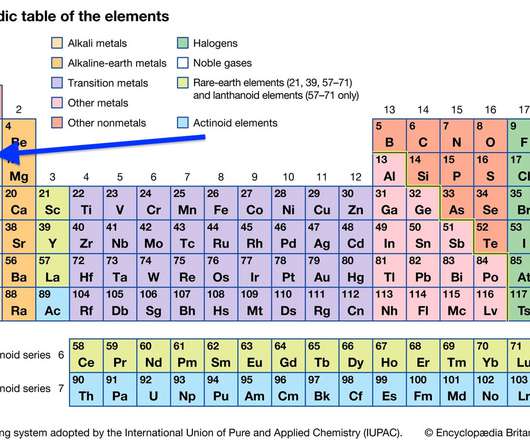NSF awards $2M to Rice U collaboration to explore direct conversion of CO2 into fuels
Green Car Congress
SEPTEMBER 9, 2020
The assistant professor and William Marsh Rice Trustee Chair of Chemical and Biomolecular Engineering has proposed the development of a modular electrochemical system that will provide “a sustainable, negative-carbon, low-waste and point-source manufacturing path preferable to traditional large-scale chemical process plants.”.


















Let's personalize your content